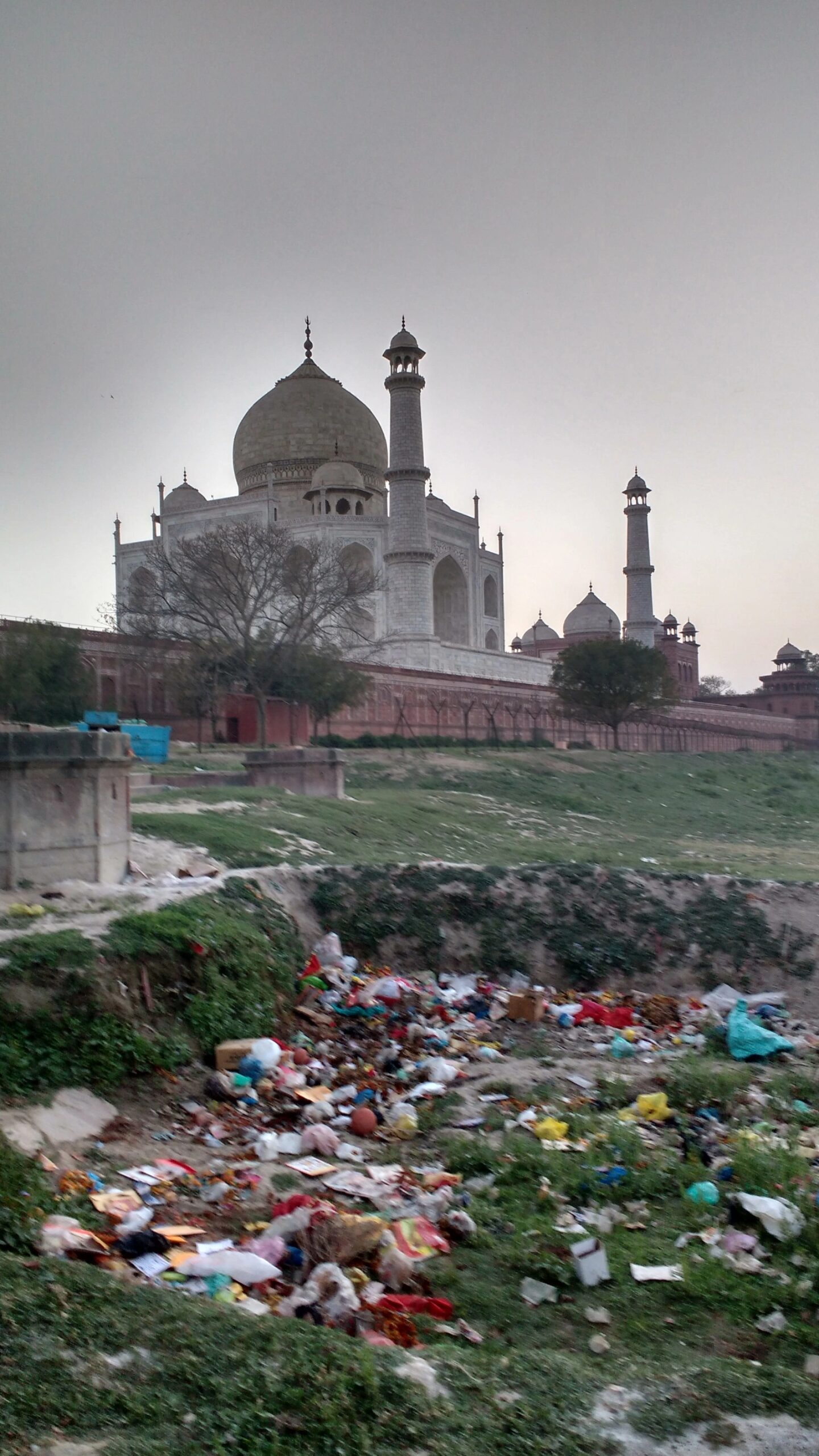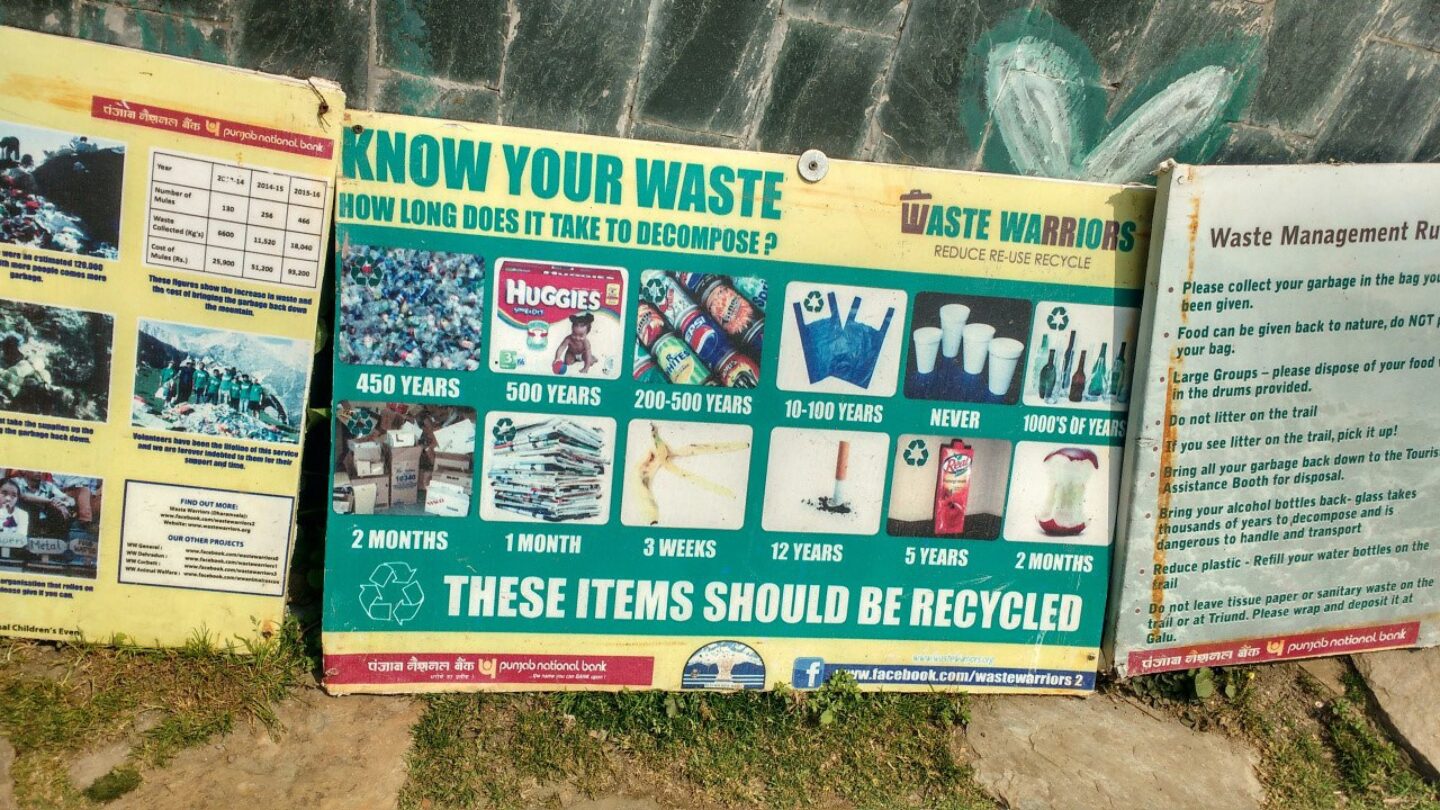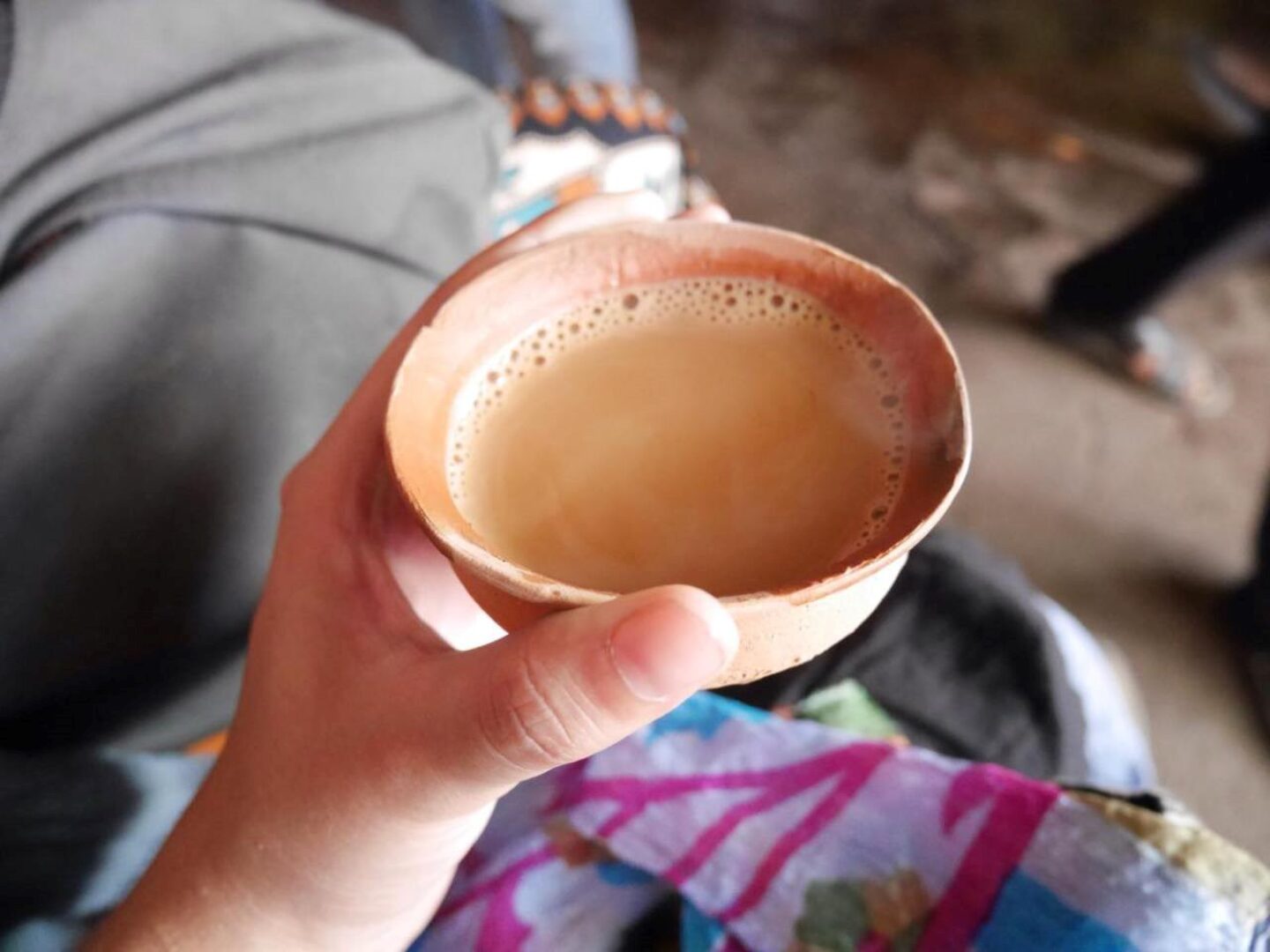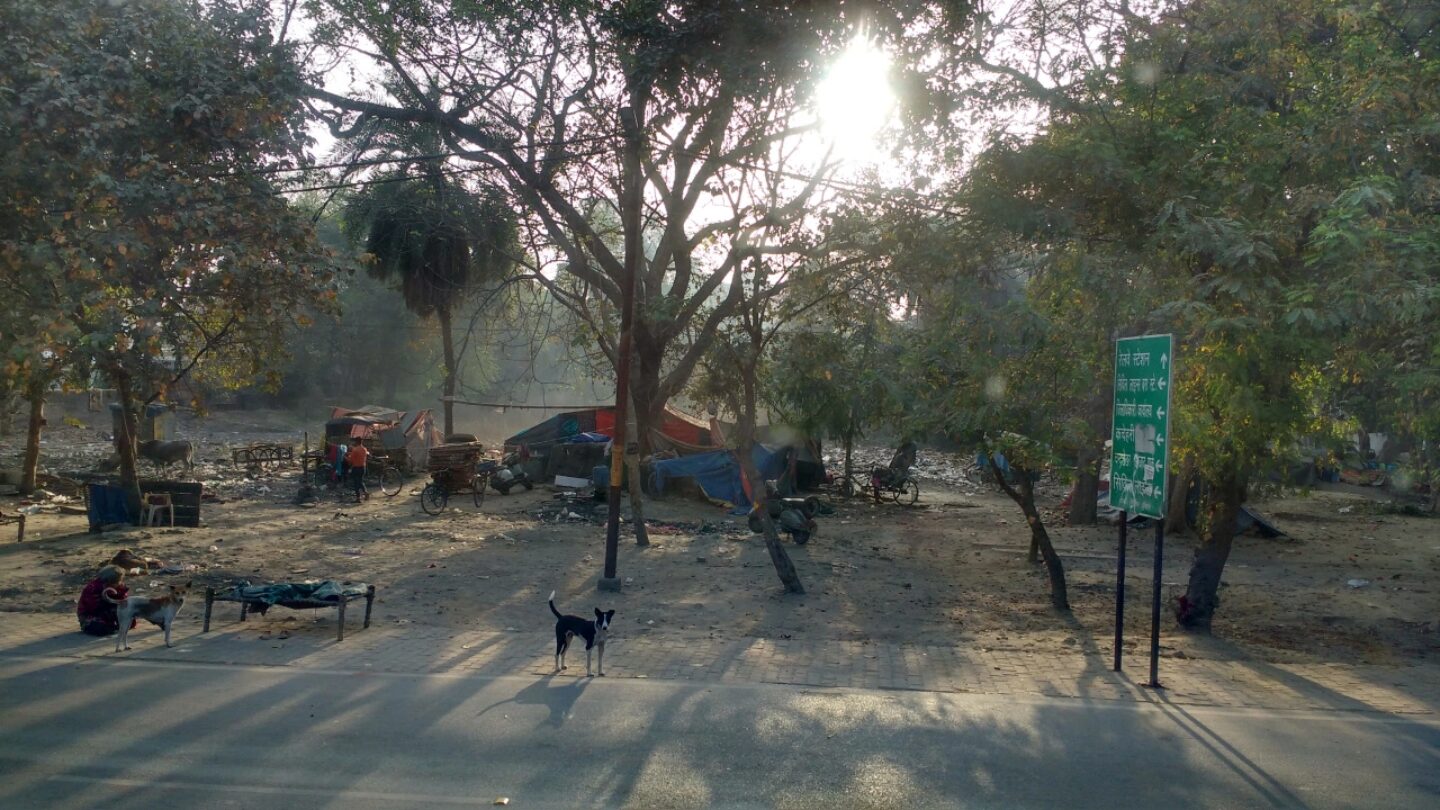Tuesday 1st May 2018
Our very own Sarah Pearl recently got back from a sabbatical travelling around India. While there, she didn’t switch off the recycling bit of her brain which is hardwired into all Paper Round employees, taking in all there was to be seen about the Indian world of waste. Here she shares some of her thoughts and experiences with us. To read about her journey in detail visit her blog.
Strolling down the hectic streets in India there is a lot to pay attention to. Firstly, it is vital to avoid the oncoming traffic. Other pedestrians tend to walk out in front of you. Vehicles seemingly don’t follow rules. Not to mention the many cows roaming the streets – which can’t be disturbed as they are considered holy creatures. Weaving through the mayhem it is important to also look where you are stepping. It is common in India to find yourself tumbling over a pile of waste which has found itself scattered on the kerbside.
The waste system in India appears at times to be non-existent. Bins are sparse. Instead citizens tend to throw their rubbish on the road or out of a bus window. The concept that plastic will not simply disappear is unknown. Historically food was packaged using banana leaves, these are compostable, people can throw them on the ground or in the bushes to rot. But nowadays food is packaged using film or plastic. Throwing waste on the floor is still ingrained in the culture and this hasn’t changed just because the way packaging is made has altered. The lack of education is leading to a huge litter problem.

Street sweepers gather the mess and either burn it on the spot or leave it to fester for a while longer. Trucks are occasionally seen picking up waste. Alternatively, children play in the muck it creates or the ‘holy’ cows munch on it. Waste that is collected by trucks is taken to a dump. Otherwise ‘street cleaners’ separate materials that may be profitable and sell them on to companies to be recycled. In this way recycling does happen.
With extreme poverty, corrupt political systems and vast gender inequality, the waste disposal system is another one of India’s challenges. Mumbai’s beaches are covered in plastic bottles and the holy Ganges River is one of the 5 most polluted rivers in the world. Thousands of people pilgrimage to Varanasi every day to visit the Ganges river. During their stay they bath in the spiritual water. Yet, the river has been deemed to be over 3,000 times higher in pollutants than the limit defined by the WHO as ‘safe’ (source).

Waste disposal in India is having severe effects on the environment and the health of citizens. With a population of 1.2 billion it is inevitable that huge amounts of waste will be produced in India. Especially when the culture promotes single-use products. For example, for chai tea or lassies (a popular yoghurt drink) disposable mud cups are used. Rural farmers cheaply produce these cups made of clay. They are bought by vendors in bulk. Customers use the cup once before smashing them on the road side. Using the cup only one time is considered good karma. It ensures that the farmer is kept in business and can sell more. But what effect does this good karma have on the environment?

Disposable mud cup
Yes, clay must be better than the mix of paper and plastic disposable cups we use in the UK, but it still promotes the idea that products have a one-use purpose. A change needs to be made in the thinking of citizens. Grass-root projects are taking place informing communities about the effects of waste.
There is hope and I do believe things are slowly changing. For example, NGO’s have projects in place to clear up polluted areas and governmental policy is slowly changing. In a town called Dharmshala in the foothills of the Himalayan mountains volunteers hike the well-used trail picking up any waste they find. India is magical country, home to spectacular palaces and forts, vast sandy deserts, peaceful beaches and picturesque mountains. The waste system is posing threats to the wonders of India. Consequently, is important to keep talking about waste disposal to keep things moving in the right direction.
What experiences have you had with waste disposal in different countries?

